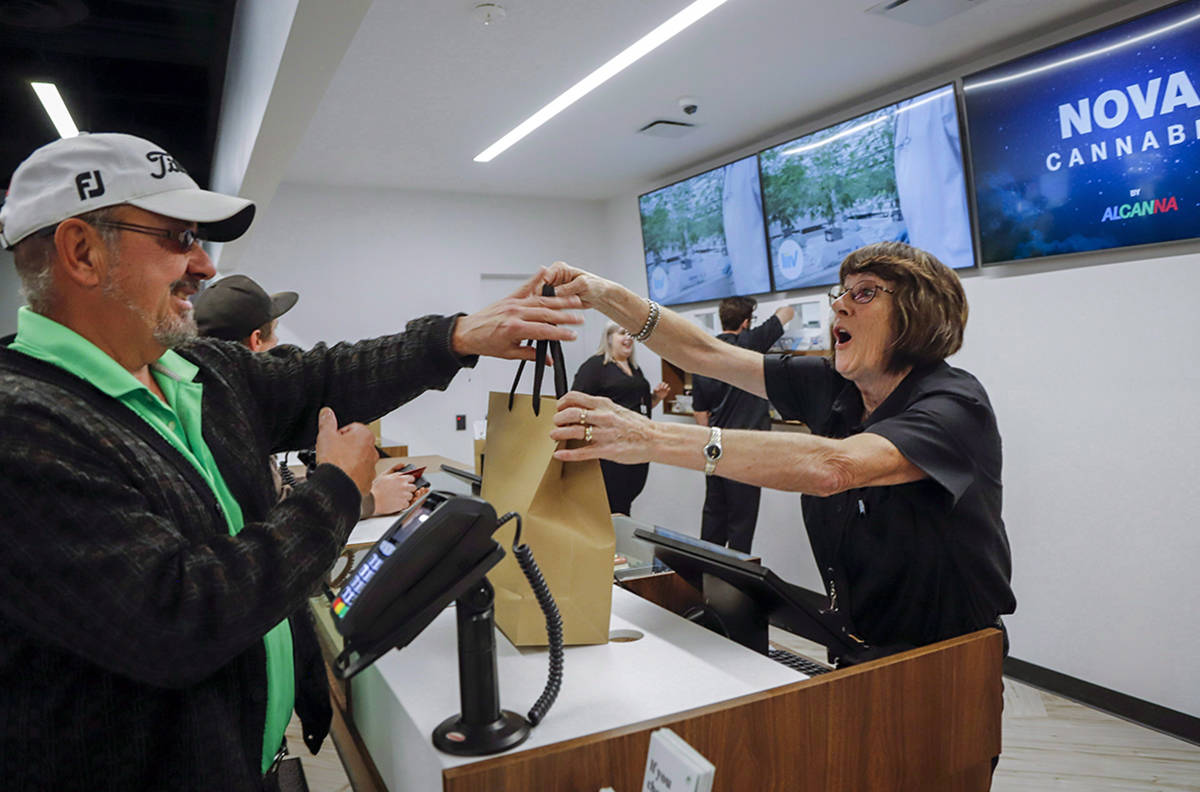By Salina May
The legalization of cannabis has been a boon for the Alberta economy, with annual sales of legal recreational cannabis expected to top $540 million for 2020.
However, as national legalization was rolled out cautiously, restrictions around sales, marketing, and sub-industries such as tourism have kept the full economic potential from being realized, and some Alberta cannabis industry professionals are trying to change that.
An Alberta-based cannabis tourism industry with direct-to-consumer product sales and facility tours is a goal for Kieley Beaudry, co-founder of the microcultivator Parkland Flower Inc. and president of The Alberta Cannabis Micro License Association. Beaudry envisions cannabis tourism commerce similar to winery tourism, where consumers can tour cannabis facilities, sample products, and purchase goods directly in a “farm to table experience.”
Another Alberta cannabis tourism business, Cannanaskis, offers cannabis tours and education through the beautiful Kananaskis region in the Rocky Mountains west of Calgary. The tours, led by journalist and researcher Dave Dormer, begin at the locally owned and operated Five Point Cannabis retail store in Calgary, then head west to the mountains for a hands-on historical cannabis educational tour. Cannanaskis plans to branch out into production facility tours as well.
A considerable hurdle to Alberta cannabis tourism is that provincial cannabis consumption laws do not allow direct-to-consumer cannabis sales, meaning that the production facilities that can be such a big draw for pot tourists cannot sell cannabis to visitors. Currently in Alberta, all licensed cannabis products must first go through the Alberta Gaming, Liquor, and Cannabis’s (AGLC) distribution warehouse in St. Alberta before going out to retailers for sale to consumers.
The provincial government is reviewing these restrictions and gathering information about how other jurisdictions approach these issues to “help inform what future opportunities there may be in Alberta,” according to Jerrica Goodwin, press secretary to Alberta’s Treasury Board and Finance. Ontario and B.C. have both begun the process of moving toward direct-to-consumer sales, with B.C. aiming at 2022 for small-scale producers to be able to sell cannabis products directly.
Beaudry says of the legislative hurdles, “If wineries and breweries can do it, Alberta’s legal cannabis producers should have the same right.”
Nathan Mison, chairman of the Alberta Cannabis Council, says that direct-to-consumer cannabis sales would deliver a boost to Alberta’s small business sector, which faces strict federal limitations on advertising. Mison adds that it would help cannabis’s ability to diversify the province’s economy.
According to Dormer, “Micros are the future of cannabis, just as the black market was built by a lot of people running small operations, the recreational market will be built by the same thing.”
“People will travel to come see facilities like ours,” asserts Beaudry. She believes Alberta can be a leader in a cannabis tourism industry, especially after the success of the last two years of cannabis legalization in Canada.
The time may have come to relax the rules and regulations that were in place to cautiously begin cannabis legalization, and allow a better experience for producers and consumers, as well as to help Alberta’s hard-hit economy to rebound.

